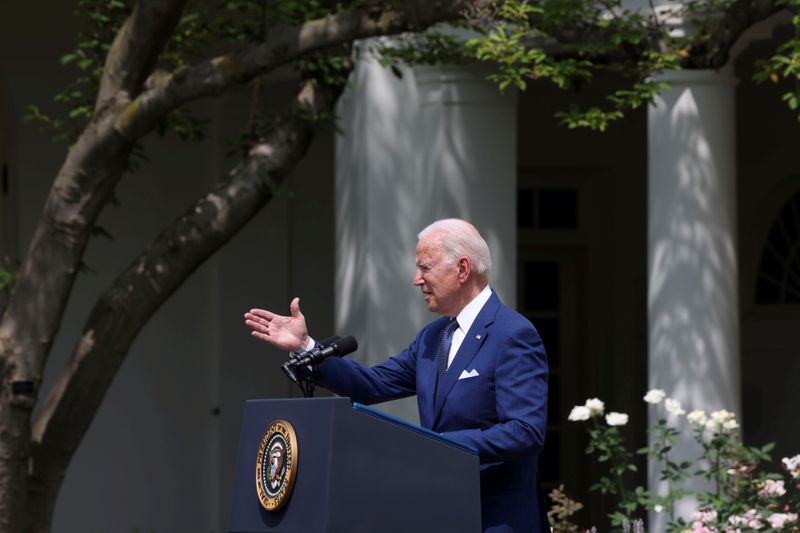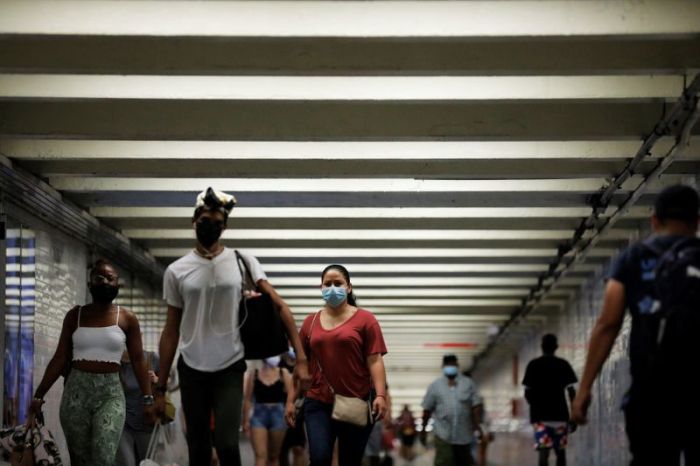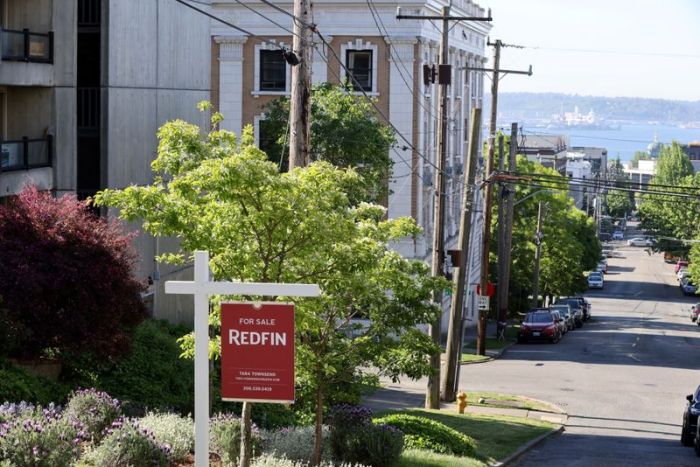(Reuters) -A bipartisan group of senators and the White House are debating extending a program started early in the COVID-19 pandemic to help lower-income Americans get broadband access by tucking it into the $1.2 trillion infrastructure package, according to two sources familiar with the discussions.
Lawmakers passed a $3.2 billion emergency program last year to help struggling Americans secure broadband internet access during the pandemic. The program provides a discount of up to $50 per month toward broadband services to eligible households and up to $75 per month for households on tribal land, plus a one-time discount of up to $100 for a computer or tablet.
Senators are struggling to reach a deal to revitalize the nation’s roads, bridges and other infrastructure, a key domestic priority of President Joe Biden, who promised to expand the nation’s broadband network while also keeping it affordable for lower-income Americans.
Details on how to fund broadband for the millions of Americans who have poor or no internet service are some of the last pieces of the bipartisan infrastructure bill to be negotiated, the sources said.
“Affordability is a big issue and a bit of a stumbling block right now,” said one congressional source familiar with the negotiations but not authorized to discuss them publicly.
Democratic attempts to include provisions to lower consumer costs have been met with opposition from Republican lawmakers who are concerned that the Democrats’ ultimate goal is to treat broadband like a utility and greatly regulate prices.
With millions forced to work and learn from home, COVID-19 laid bare the nation’s digital divide, with technological inequality disproportionately affecting poor and minority communities.
Some 16 million children, or 30% of all U.S. public school students, lack either an internet connection or a device at home adequate for distance learning, according to the Boston Consulting Group.
Republican Senator Bill Cassidy, part of the bipartisan group trying to hammer out a deal, said he fears Democrats are trying to find back-door ways to impose greater regulations.
(Reporting by Jarrett Renshaw in Philadelphia, additional reporting by Susan Cornwell; Editing by Scott Malone and Leslie Adler)

























